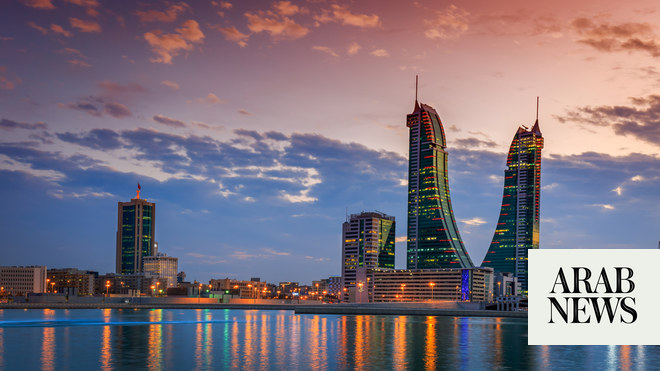
SINGAPORE, July 14 (Reuters) - Singapore"s economy lost momentum in the second quarter after battling new outbreaks of COVID-19 but expanded at its fastest annual pace in just over a decade, as the city-state continued to rebound from last year"s coronavirus-induced plunge.
The economy grew 14.3% in the second quarter from a year earlier, preliminary government data showed on Wednesday, against economists" forecast in a Reuters poll of 14.2%. GDP had fallen a record 13.3% year-on-year in the second quarter of 2020. The country was under a lockdown for most of that period to curb the spread of the coronavirus.
On a quarter-on-quarter seasonally adjusted basis, the economy contracted 2% in the second quarter of 2021, a reversal from the 3.1% growth in the preceding quarter, the Ministry of Trade and Industry said in a statement.
Singapore had implemented tougher rules on public gatherings in May this year after a spike in COVID-19 cases. It has been loosening them over the last few weeks as vaccinations pick up.
"The economy stumbled in Q2 after the government reimposed restrictions in response to a spike in virus cases, but with new infections down and the government rolling back containment measures, the recovery should regain momentum over the coming months," said Alex Holmes at Capital Economics.
In absolute terms, gross domestic product in the second quarter of 2021 remained 0.9% below its pre-pandemic level in the second quarter of 2019.
The manufacturing sector grew 18.5% on year, helped by robust global demand for semiconductors and semiconductor equipment. The construction sector expanded 98.8% compared with a year earlier when most construction activities stopped due to the lockdown.
The Singapore dollar has lost about 2.5% this year, most of it in the past month as the U.S. dollar has climbed broadly and as a resurgence of the virus has weighed on Asian currencies. It was little changed after Wednesday"s data.
The government expects GDP to expand 4% to 6% this year, although growth could exceed the upper end of that forecast. The bellwether economy had posted its worst recession last year.
Selena Ling at OCBC Bank said the quarter-on-quarter contraction was a temporary setback. She expects the economy to return to pre-COVID-19 levels by this year-end or early 2022.
Vaccinations have been gaining pace globally, and Singapore has inoculated nearly 70% of its population with at least one dose of a vaccine.
But many of its neighbours, including Thailand, Malaysia and Indonesia, are struggling with new outbreaks, which could have some spillover economic effects for the city-state, including challenging its attempts to open up its borders.
The central bank maintained its accommodative monetary policy at its last meeting in April. The next policy review is due in mid-October.
"There will probably be a pivot away from being very outrightly dovish," OCBC"s Ling said.
Additional reporting by Tom Westbrook; Editing by Stephen Coates and Jacqueline Wong
Our Standards: The Thomson Reuters Trust Principles.












